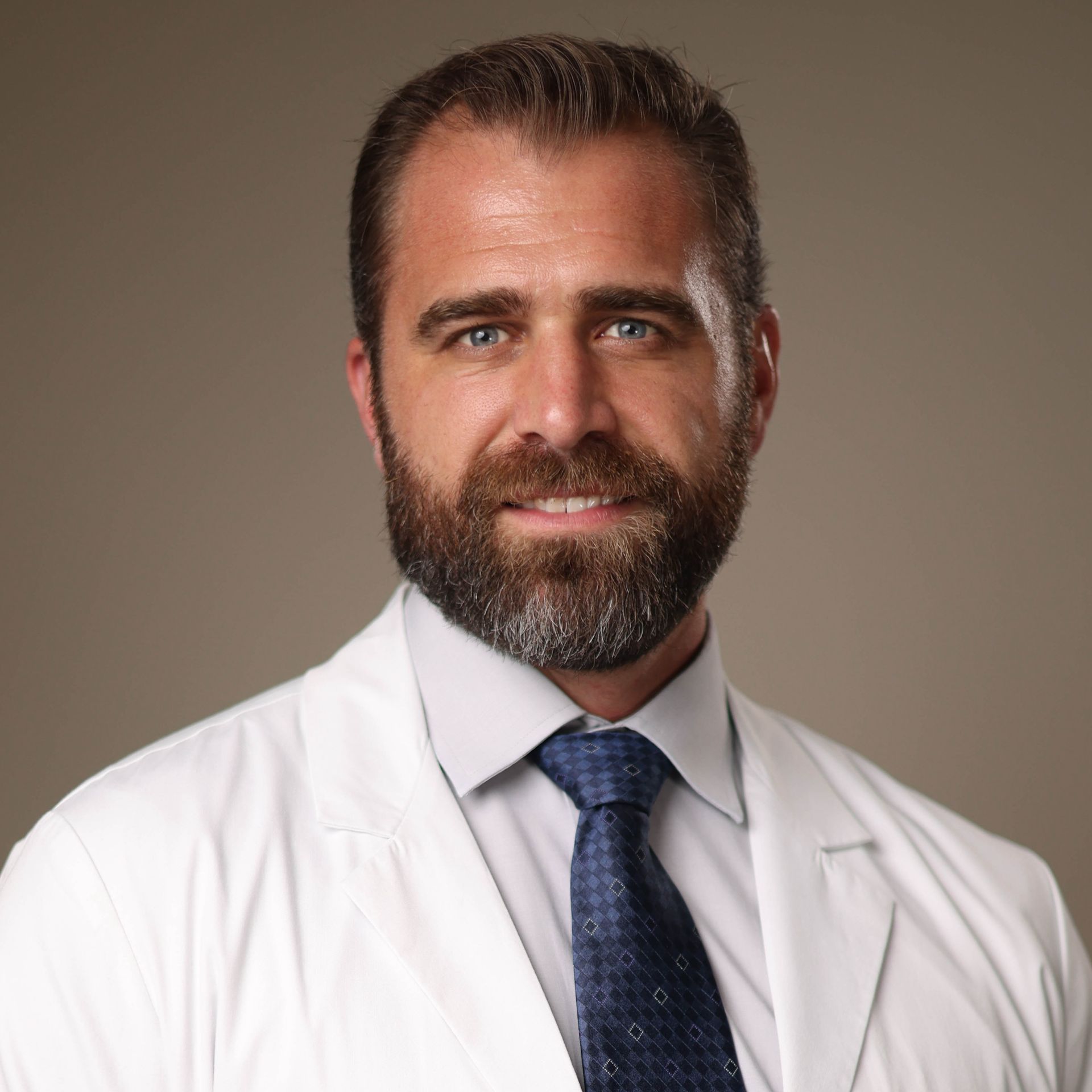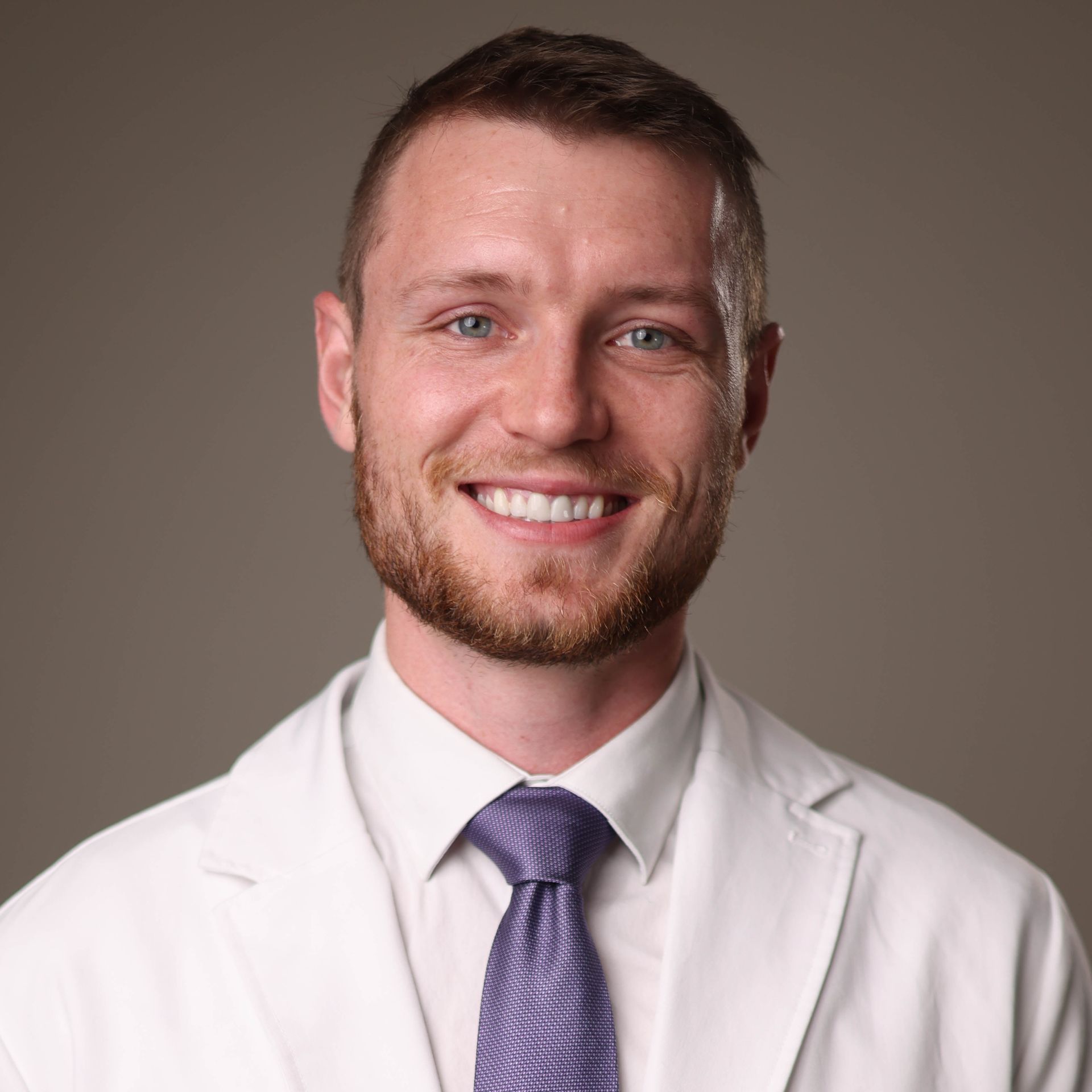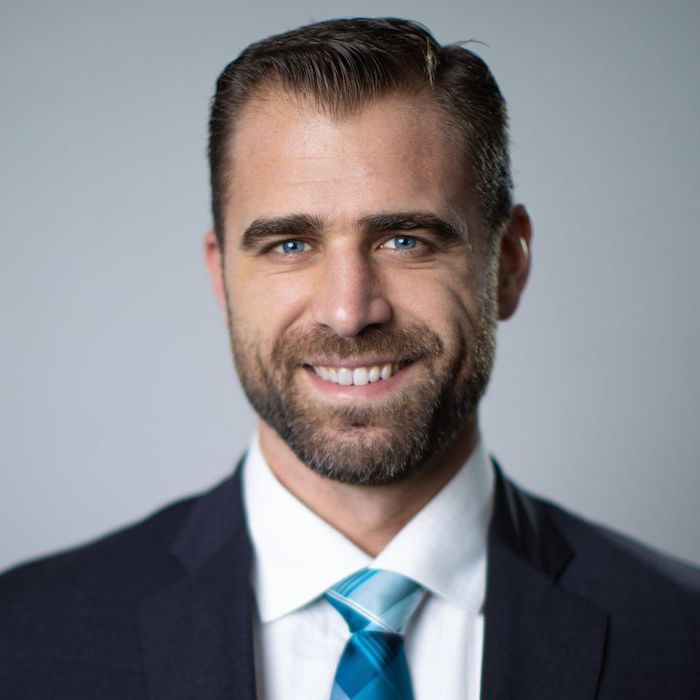Our Doctors
Dr. Chris Slininger
Craniocervical Specialist
Dr. Ethan Surprenant
Upper Cervical Chiropractor
Cerebral Blood Flow
Normal Brain Blood Flow
The brain and the brainstem require a constant delivery of nutrients and oxygen from blood vessels that travel through the neck. The main two blood vessels that send blood to the brain are the vertebral artery and the carotid artery. The vertebral artery travels up through the outer portion of bones in the neck and through the atlas bone, which is the top bone of the spine. The carotid artery travels deep in the neck and passes directly in front of the atlas bone.
Blood that travels to the brain also has to leave the brain effectively. The largest blood vessel that drains the brain is the internal jugular vein. The internal jugular vein also passes directly in front of the atlas bone on its way down the neck.
The Upper Cervical Spine
Because of their close proximity to the atlas bone, these blood vessels are susceptible to problems in the upper cervical spine. A misalignment of the craniocervical junction (the joints between the skull and the top of the spine) can cause pressure and tension on these blood vessels, diminishing their blood flow. Twisting of the craniocervical junction can be especially compromising.
When blood traveling to the brain is diminished, it can cause significant problems in the brain. Vertebrobasilar insufficiency is when the vertebral arteries do not deliver enough blood to the brainstem and the back of the brain. A misalignment can cause a mild vertebrobasilar insufficiency. This can lead to vision problems, dizziness, loss of balance or coordination, and numbness in the hands and feet.
Diminished blood flow to the brain can also diminish brain activity over time. Without proper blood flow, brain function and concentration are impaired. The longer that blood flow carrying oxygen and nutrients to the brain is diminished, the more difficult it becomes to think clearly and have the brain work its best.
Blood flow traveling out of the brain through the jugular vein can also be compromised. When the brain cannot correctly drain, pressure can build in the brain cavity. This can lead to migraines, idiopathic intracranial pressure, and hydrocephalus. If left long enough, there is evidence showing that this can lead to long term neurodegeneration.
Correcting the Problem
If the craniocervical junction is misaligned, then precise correction is needed to properly align it. Our doctors are trained to examine the upper neck for misalignment of the craniocervical junction. The upper cervical procedures used to correct this misalignment do not involve forceful twisting of the neck. Instead, these gentle and calculated procedures can align the upper cervical spine, allowing for normal blood flow to return to the brain. Upper cervical doctors use specialized exams and carefully analyzed imaging to determine the extent of an upper cervical misalignment. After a correction is given, post corrective examination and analysis is performed to ensure that the alignment was done correctly.
Seek the Experts
Our chiropractic clinic is located in St. Petersburg, FL. If you suffer from symptoms of diminished brain-blood flow such as dizziness and/or vertigo, light headedness, or throbbing migraines and would like to see if you are a candidate for care, please call the office at (727) 677-0001. We will schedule an initial consultation with one of our doctors to determine if you are a a potential candidate for this care. If you are, you and your doctor will evaluate the extent of factors involved in your case, and take a specific set of Upper Cervical images along with any other requisite images to better understand your case. If you are a candidate for care, our doctors will explain what they found, tailor a plan, and start the correction process. We care about you, we understand you want the root of the problem corrected, and we are here to help.
Our Doctors
Experts in Spinal and Neurological Care
Dr. Chris Slininger, DC, DCCJP
Craniocervical Specialist
Dr. Slininger focuses heavily on complex neurological conditions and advanced spinal challenges such as headaches, migraines, dizziness, vertigo, concussion, mTBI and more.
Dr. Ethan Surprenant, DC
Upper Cervical Chiropractor
Dr. Surprenant specializes in innovative, non-invasive Upper Cervical Chiropractic Care, uniquely addressing complex neurological conditions like dysautonomia, migraines, headaches, cranio-cervical syndrome, to restore lasting neurological health.
Schedule an Appointment
Expert care starts with discovery. Schedule a consultation with one of our doctors to see if you may be a candidate for care. Let's get down to the root cause of the problem. Fill out the form and we will get back to you to schedule your initial consultation.
Schedule an Appointment
Thank you for submitting your request for an appointment.
We will contact you as soon as possible to schedule your appointment. This is usually within 24hrs on business days (M-F). If you have any questions, feel free to call us at 727-677-0001.
Please try again later

About Us
Cerebral Chiropractic Center is located in St. Petersburg, FL. Our top-tier specialist provides cutting-edge upper cervical care and functional neurology, using advanced laser therapy and modalities, and teaching health education.
Office Hours
Monday 9am-12pm & 2pm-5pm
Tuesday 9am-12pm
Wednesday 9am-12pm & 2pm-5pm
Thursday 9am-12pm & 2pm-5pm
Friday 9am-12pm
By appointment only.
Contact info
7601 Dr. Martin Luther King Jr. St.
Suite E
St. Petersburg, FL 33702
(727) 677-0001
Care@CerebralChiropractic.com
Need a doctor near you? Go to




